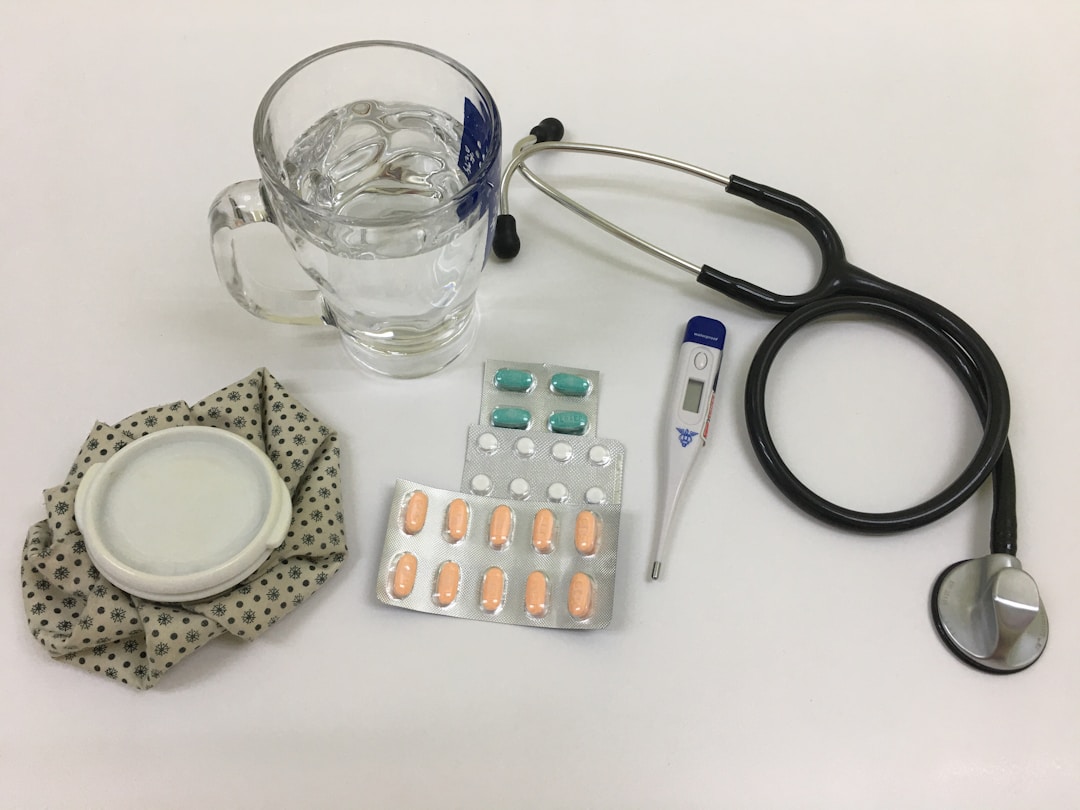Have you ever woken up with a dry cough, runny nose, and watery eyes, and wondered if you caught a bug or if seasonal allergies are just catching up to you? One of the most frustrating things is feeling sick but not understanding why, when you will feel better, and whether the issue is a symptom of a more serious, underlying issue.
We often Google our symptoms immediately, but this rarely makes us feel better or brings us to a concrete conclusion about what our symptoms actually mean in terms of our health. One of the best solutions to this problem is finding a reliable source that will bring you to a real conclusion about your medical care and what you should do about it.
There are so many sources that claim to be the most reliable symptoms checker today, but only some of them are dedicated to going above and beyond for their readers to provide the results of clinical trials, top quality medical advice, research reports, and presentations. One of these sources, MediFind, uses cutting-edge machine learning techniques to sift through the mass amount of information to identify reliable information for its readers. They take this information and translate it into terminology that is easily understood by people who aren’t medical experts.
Is it a cold or just allergies?

There are so many similarities between cold and allergy symptoms, but there are a few ways to weed out the symptoms and find out what is going on with your immune system. With coronavirus being a top concern for many today, it’s important to look at a symptom checker and access the current state of your health.
In the winter, cold symptoms can also be mistaken for the flu, which is much more serious, especially for infants, the elderly, and those who have compromised immune systems. If you are within one of those demographics, it is important to seek reliable medical advice as soon as possible.
If you are someone who notices that you catch one or two “colds” throughout the year that develop suddenly and tend to occur around the same season, it’s possible these colds are actually seasonal allergies. Although colds and seasonal allergies can share many of the same symptoms, they are completely different types of conditions.
The common cold is developed by a virus, while seasonal allergies are simply immune system responses triggered by exposure to certain allergens, such as pollen. which can be more or less present dependent upon your environment and what time of year it is.
Common symptoms and the treatment of a cold.

If you have a cold, it will typically last three to ten days, but they are not limited to that time frame and have been known to last as long as two or three weeks in some cases. Some of the symptoms of a cold that occur most commonly are a cough, sneezing, sore throat, runny nose, stuffy nose, general aches and pains, fatigue, and sometimes a fever. It’s pretty rare to have itchy or watery eyes during a cold, but it is possible.
The treatment process for the common cold includes rest, over-the-counter cold remedies, pain relievers, and decongestants. Your immune system should take care of the rest, but if it doesn’t within a couple of weeks it’s important to see a doctor, especially if you believe you may have been exposed to COVID-19.
Common symptoms and the treatment of seasonal allergies.

Some of the most common symptoms of seasonal allergies mirror those of a common cold, but there are a few differences that will stick out to you. If you have season allergies you might experience itchy or watery eyes, sneezing, runny nose, stuffy nose, and sometimes a cough, fatigue, and, more rarely, a sore throat. When you have allergies, you will never have general aches and pains or a fever.
The treatment process of seasonal allergies includes over-the-counter and prescription antihistamines, nasal sprays, decongestants, and avoiding areas where the allergens may be present. Seasonal allergies usually last a few days but have been known to last up to several weeks depending on the severity of the case.








